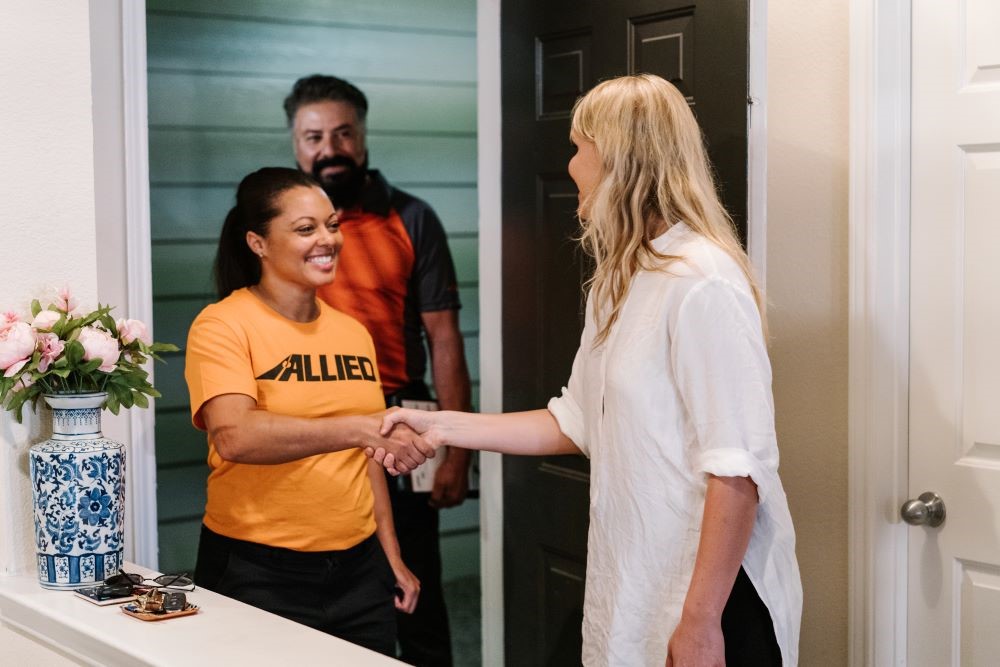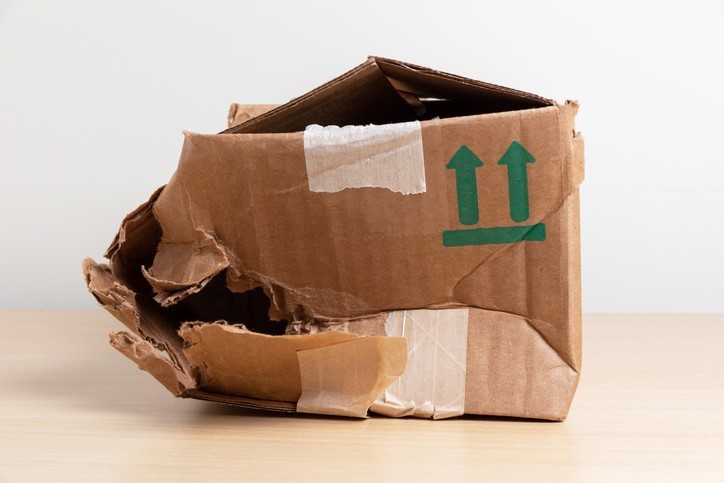
If you have a long-distance relocation on the horizon, you may be calling around to different moving companies to compare rates, see who's available, and get a feel for additional service options.
Westheimer Transfer and Storage is a top moving and storage company in Houston, and has been in business since 1883. We assist with all different kinds of residential relocations, but homeowners looking to move long-distance in particular usually need to rely on professional help like ours.
As ProMovers with the American Trucking Associations Moving and Storage Conference, Westheimer is committed to making sure homeowners get connected with ethical and legitimate moving companies, and below are five questions everyone should ask a long-distance moving company before deciding to work with them.
1. Are You Licensed and Insured?
Licensure and insurance are the very first things you'll want to touch base on with your moving company. Many movers will offer this information without being asked, but if you need to prompt them first they should still be able to present these straight away. A license acts as proof that a company is legally permitted to operate within a jurisdiction, and the insurance reassures customers that damages will be covered in the event that a household item breaks or is lost in the moving process.
For an out-of-state relocation, a company must have a few extra pieces of documentation to present. All interstate movers must be registered with the Federal Motor Carrier Safety Administration (FMCSA) and have an official US Department of Transport number.
2. Can You Provide References from Recent Customers?
A moving company's reputation is important. They can tell you all about how great their services are, but if other customers seem to have poor experiences working with them, that may be a better indicator of what you can expect, too.
A moving company could direct you to their website to see what kinds of customer reviews they've earned, or you can take a look for yourself on their website, Google, or even the FMCSA website to get an idea of what others are saying.
3. Is Your Estimate Binding or Non-Binding?
There are two different types of estimates that a long-distance moving company can provide, and you'll want to know which you are going to be given. They are:
- Binding Estimate: A binding estimate is an exact quote. Even if the timeline ends up taking longer or your household items end up being heavier than anticipated, a binding estimate means your end cost will be the same as what you were given in the estimate.
- Non-Binding Estimate: A non-binding estimate is more of an accurate guess. This type of estimate tells a customer approximately what they can expect an end cost to be, but may still be more or less than what was initially discussed.
It is best to get a written estimate, regardless of what type it is. This way you'll have a document to reference if there's any discrepancy between you and your moving team.
4. How Do You Handle Valuable Belongings?
While some things can get packed away relatively easily, every household move will have fragile or irreplaceable items that need some specialized attention. If this is a service you want to leave to the pros, it's best to ask them how they plan on handling your most treasured belongings. Some basic handling practices for fragile items include:
- Hand-Wrapping Fragile Items
- Utilizing Professional Packing Materials
- Customized Crates for Heirlooms and Antiques
5. What Is Your Claims Process for Damaged Items?
Interstate moving companies are responsible for any damage incurred by your household goods in their care while being packed, transported, or unloaded. Federal law requires that a moving company provides two types of liability options for customers to choose from. According to the FMCSA website, those options are:
- Full-Value Protection: This option means your movers will cover the entire cost of a lost or damaged article, either through repair or replacement costs, or a cash settlement. This is a more expensive option, but the protection is more comprehensive.
- Released-Value Protection: This is the more economical option, as it costs homeowners nothing, but the coverage is also minimal. If you opt in for this liability protection, you'll only receive .60 cents per pound for any damaged or lost item.
With hundreds of 5-star customer reviews and industry recognition including the "Allied Quality Award" from Allied Van Lines, you can count on Westheimer to get you wherever you need to go. Get in touch with our team today for more information on our long-distance moving services and we'll give you a free price estimate to get started.
Subscribe to Westheimer Transfer & Storage Co., Inc.'s Blog














Comments